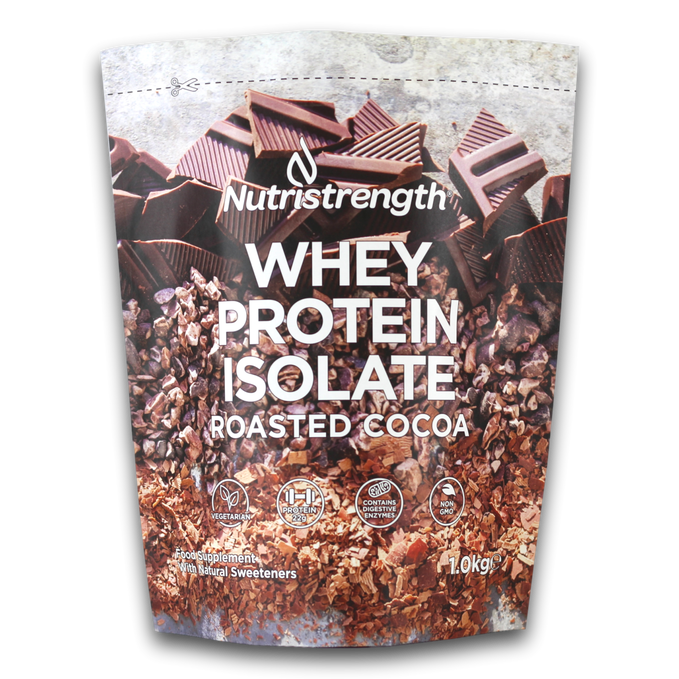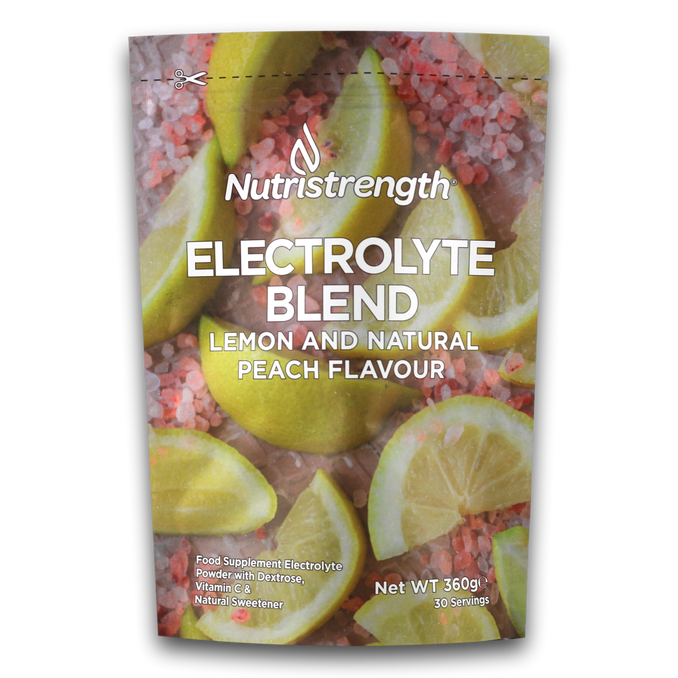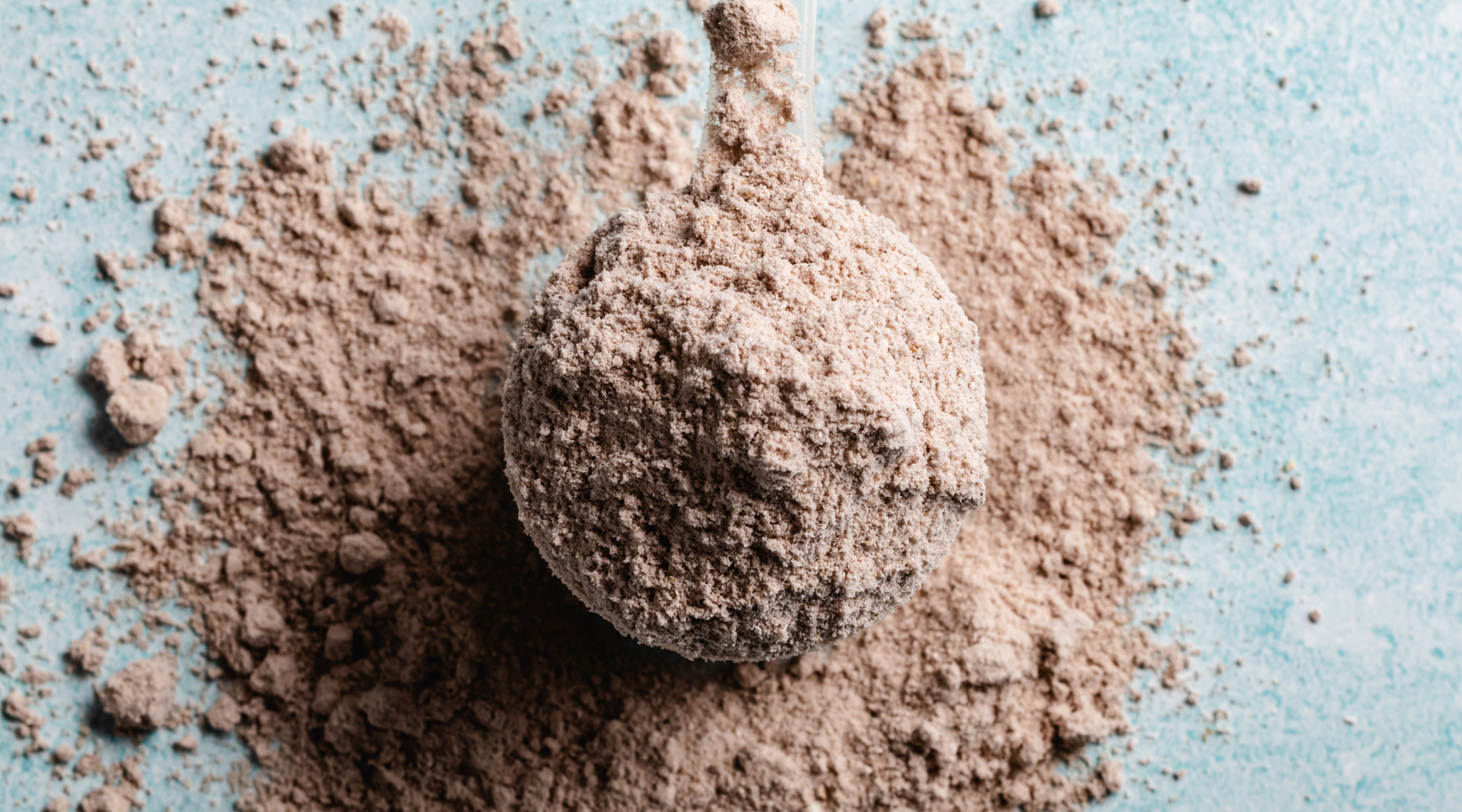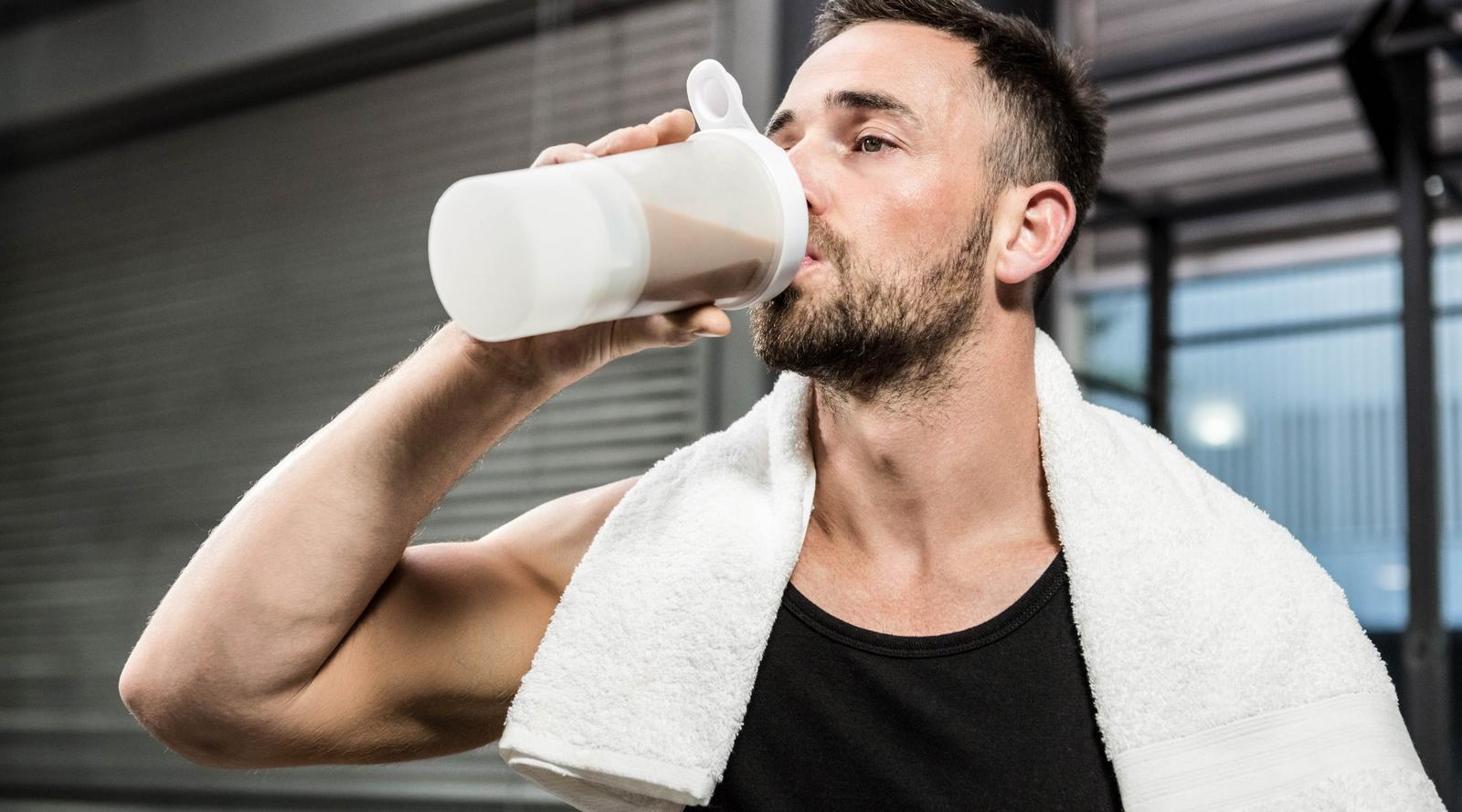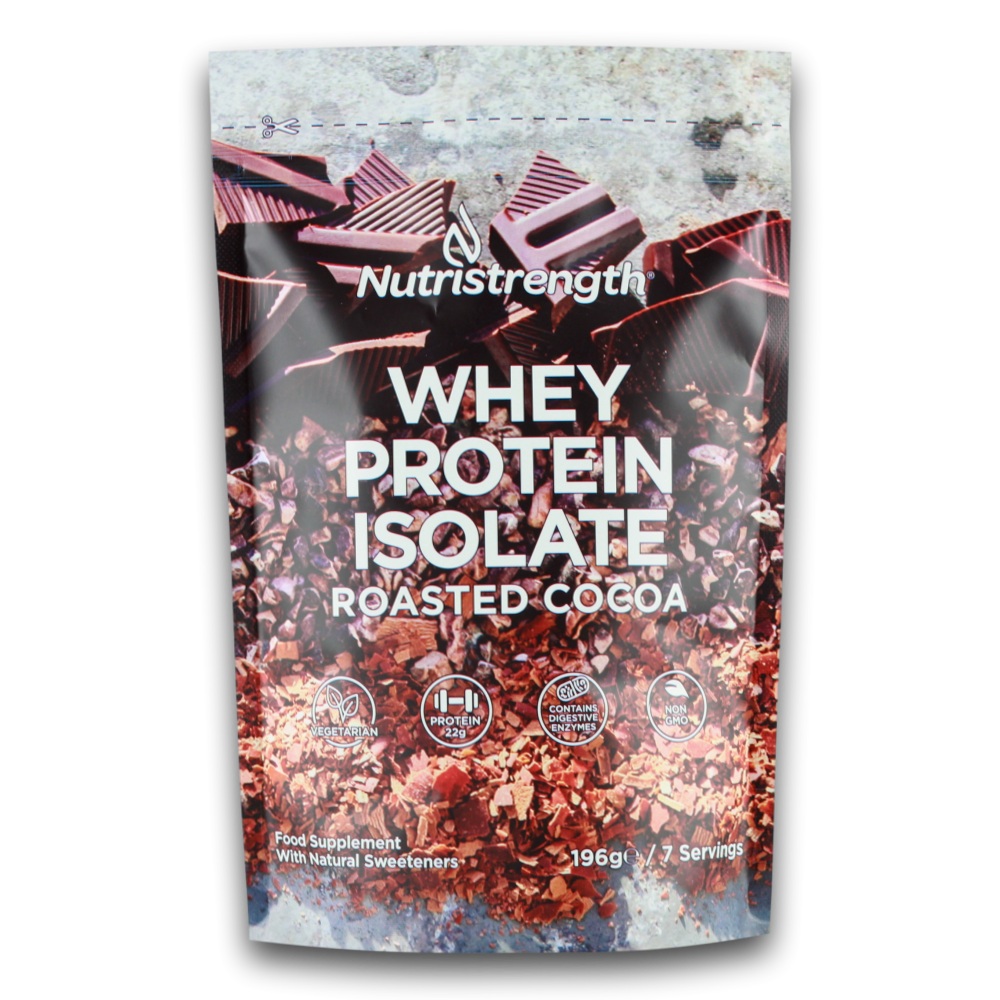Figure you’ve got what it takes to be a triathlete? Compete in the IRONMAN? At the World Championships? In this interview with professional triathlete Sean Husband, off the back of his recent triumph as a guide in the World Triathlon Para Cup, he talks us through all things swim, bike, run, and everything in between.
What got you into triathlons?
I got into triathlons as a bit of fun alongside my athletics background in 1500m running. One evening my dad and his friend entered a duathlon after a few weeks of us all trying cycling and running. My Dad often recalls me hanging my bike up on the bike mount after he loaded the car thinking to himself where do you think you are going. He said nothing, thinking I would be told by the organiser that I'm too young at age 12. When we arrived my age was asked, "12" my dad said. The organiser replied "no he's 16" with a smile on his face. Since that duathlon, it's just been a natural progression since. Triathlon developed from a side hobby sport into my main one when I went to University. That's when things stepped up a notch. I was exposed to more politics than any junior athlete should ever be when I was competing in athletics so I wanted a fresh start and triathlon provided that.
And what’s kept you doing triathlons?
I kept doing triathlon initially to build a base for my athletics but as it become my main sport it’s more so been a drive to develop my physiology to its fullest capacity along with other attributes. I feel this is my purpose in life, to push my body to its maximum capacity. I am a strong believer that our bodies are designed to be pushed. We are predators by nature, yet the sedentary lifestyle that many live causes this comfort and we rob our bodies of what it was designed to do.
Most people think of the physical aspect of a triathlon and forget there is a lot of mental preparation. Is race training harder on you physically or mentally?
Training is definitely tough, not that we go hard every day but it's either high volume or high intensity on each day. Each will wear you down as it loads each system uniquely. I love it but I'll be honest here and admit I hit low points in training blocks when my body and mind just feel like enough is enough. These are the days that I find myself driving inspiration from previous races and my career to date to drive me on.
How much of a focus is nutrition in your training regime?
Nutrition is huge but maybe not in the way people expect. I have to eat huge amounts of calories daily to fuel my training demands. This wouldn't be possible or enjoyable if this was all through "healthy options" I enjoy chocolate and fast food like anyone else and have these guilt free as I believe balance is needed in every aspect of life. I try to eat well but I view it as if the furnace is hot enough anything will burn in it. My diet is more so about mixing it up and keeping it interesting as eating this much can be boring with the same food each day.
You’ve just started racing as a guide role for visually impaired athletes for Ireland. What made you decide to do this and how does your training differ?
Having turned professional over the 70.3 and full distance I was ready to try something new to coincide with my pro racing. Being a guide is very different. it's a team effort, we work as one. I have to be at relative ease to do my job. Looking out for obstacles and scanning the road ahead I need to be able to communicate constantly which isn't possible if I'm at max effort so I need to be fitter than Donnacha to be a good guide. The skills around this are all new, such as tandem riding and being his eyes both on and off the course.
What’s your favourite part of the race?
Being a runner previously, I love the run however I enjoy whichever one is improving the most.
What do you eat on race day?
I have protein overnight oats and have a sprinkle of coconut oil and beetroot powder with a black coffee then just sip on an electrolyte until the race starts.
Where do you get your motivation from to train through the winter?
Training in the winter is something I view as laying the framework for the season. Dark mornings and evenings mean I do a lot indoors. it's tough but it would be tougher to skip these sessions and race with less fitness knowing I'll not be competitive.
What does a rest day look like?
Rest days, I'll be totally transparent. I'm a lazy bugger outside of the sport and work as a Physiologist and triathlon coach. I will happily lay up and watch movies or listen to music. I'll walk my dog to loosen the legs or do an easy session but really easy.
What would be your top tip for someone considering triathlons?
Top tip for someone starting out would definitely be to read up on training methods and most of all enjoy the journey. Aerobic fitness is built up over a long time, so don't rush it, like anything worth doing it won't be easy but it will be worth it when you cross the line. Listen to your body because you only have one.
Triathlon training tips
Whether you’re in the midst of training for your next event or thinking of taking up the sport, hopefully this interview has given you an insight into triathlon training and what it takes. Follow more triathlon tips with us at @Nutristrength and @sean.husband.

